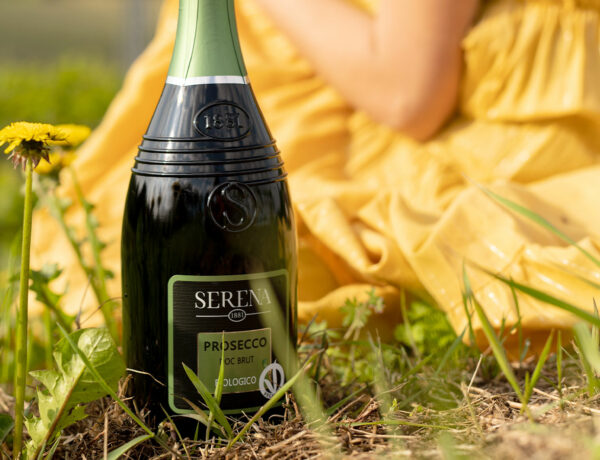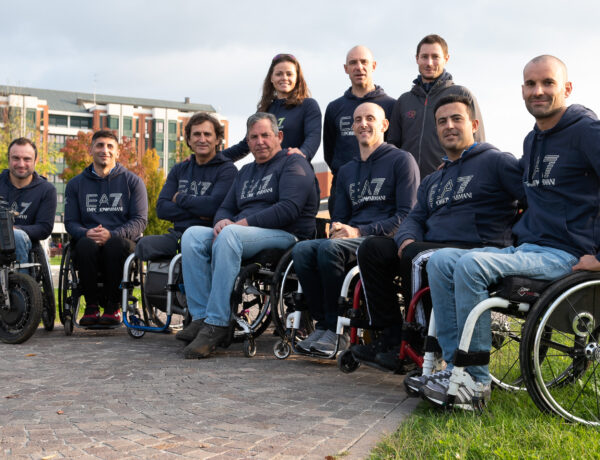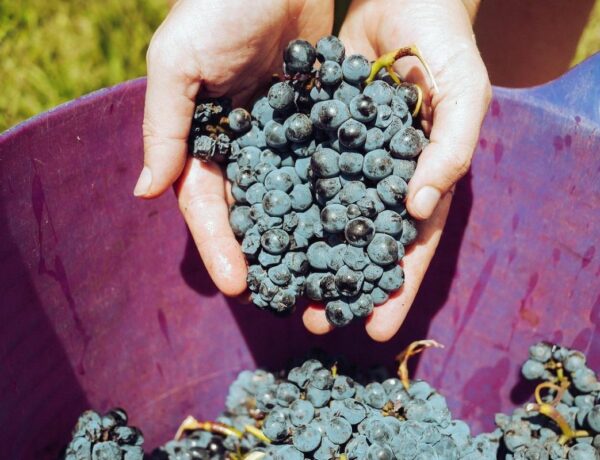Love for the land, passion and respect for the environment and innovation, are only some of the qualities that characterise Serena Wines 1881’s sustainable approach.
Having reached the fifth generation of a family that for a century and a half has been working in the wine field, Serena Wines over the last few years has run various projects in partnership with universities and research centres with the ultimate goal of lowering the impact on the environment. In this case the journey of sustainability begins from the production, passing through manufacturing and finishing off with the bottling and selling of the final product.
What it means to be a sustainable company and why is it so important
By company sustainability we refer to the concrete commitment of a company of giving life to a business model that not only permits the sustainment of the company in the long-term, but is also focused on the environment, social welfare and an equal and forward-looking governance. Sustainability in business in a concept that is at its best in the expression “Corporate Social Responsibility” (CSR).
First introduced by the EU commission in the 2021’s Green Paper, the CSR is defined as a “concept whereby companies integrate social and environmental concerns in their business operations and in their interaction with their stakeholders on a voluntary basis”.
The Agenda 2030 for the sustainable development, marks a crucial journey to which institutions, organisations and individuals and finally companies are expected to contribute.
What role does CSR play in the wine industry?
A good example of sustainability in action is the wine industry, where it is becoming more and more pertinent. Those who are involved in the production process are well aware that vineyard health depends on wise management of the available natural resources. However, we can’t limit our attention to the land alone. Sustainability in the wine industry is a project that covers the entire bottle’s life cycle, from grape cultivation through production to bottling and selling the finished product to the final consumer, as stated at the beginning of this article.
Therefore, the production of sustainable wine requires a comprehensive and integrated strategy that considers the product’s quality as well as its effects on the environment, society, and the local economy.
Using fewer pesticides and controlling fermentation are crucial, but they are insufficient to guarantee sustainability over the long term. To achieve this, wine companies must commit to a process of continuous innovation and improvement, adopting cutting-edge tools and environmentally friendly procedures, and fostering research and partnerships with other businesses in the same industry.
Only in this way can we invert the process of resource depletion and create an environment that can regenerate and sustain itself.
Serena Wines 1881’s concrete action
This is the reason sustainability is a core value for Serena Wines as well: it is a continuous process that emphasizes the need to combine the three essential and interdependent dimensions of development—environmental, social, and economic.
Concretely, as Serena Wines 1881, we are focused on different sustainable projects, of which:
Equalitas
A voluntary arrangement whereby wineries choose to adopt, enforce, and certify all the rigid guidelines needed to maximize efforts in the direction of sustainability. In accordance with the Equalitas standard, Serena Wines has embarked on a journey toward sustainability and achieved sustainable company certification for internal processes, including production, manufacturing, bottling, and final product sales.
Cheers2Life
Thanks to a partnership with Ca’ Foscari University of Venice, Serena has launched a research project to develop new photovoltaic cells to produce energy from wine-making discards. By using natural dyes derived from “lees” the project aims at obtaining a dye for solar panels to produce sustainable and renewable energy.
RafCycle®
RafCycle® is recycling solution that gives a new life to label liner waste. The silicon paper supports of labels that are used in the production process are reused to create new ones with a strong sustainable footprint.
Serena Wines 1881 has also participated in socially conscious initiatives that encourage dedication, equity, and respect. Examples include the numerous sports sponsorships, the support given to Alex Zanardi’s Obiettivo 3 charity project, and the DonneSiFaStoria campaign.
Given the current economic and geopolitical environment, all of these measures to improve the entire production process in all of its phases will be a significant challenge for Serena Wines 1881, but they will be taken in a spirit of tenacity and growing commitment, without losing sight of the production and, most importantly, qualitative, performances capable of ensuring an excellent and long-lasting final product.








No Comments